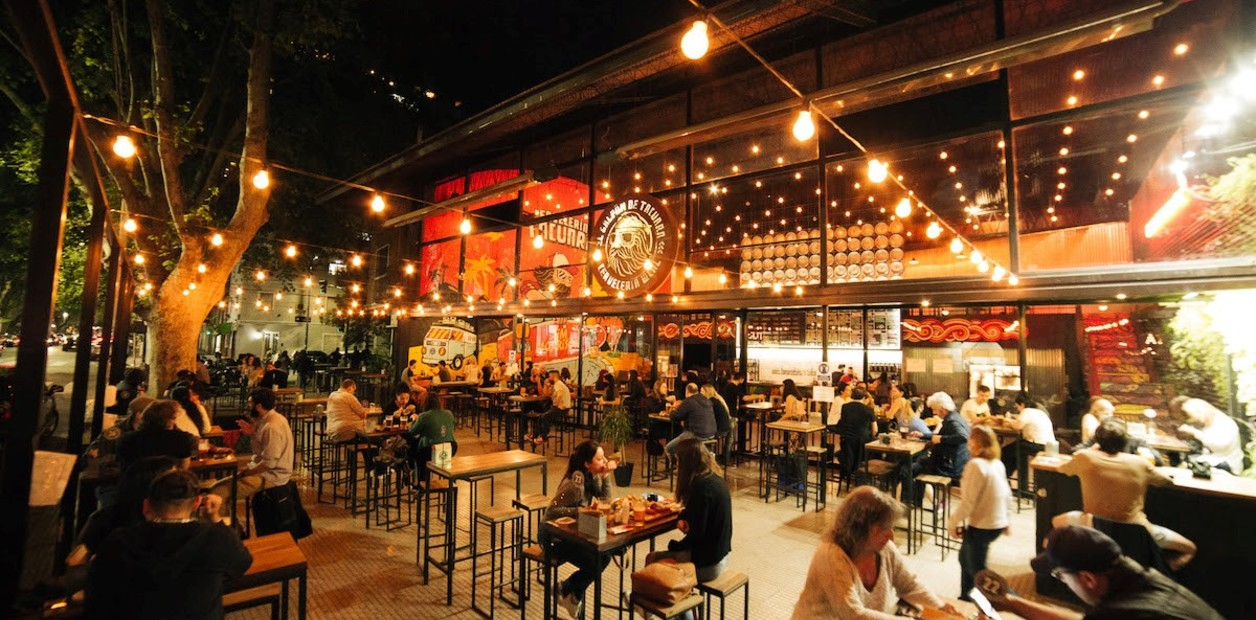Introduction
Time preference, the tendency of individuals to value present goods more than future ones, plays a crucial role in economic behavior. When a currency is stable and retains purchasing power, people are more likely to save, invest, and plan for the future. However, when inflation soars or a currency collapses, time preference rises, leading individuals to prioritize short-term consumption over long-term security. A striking real-world example of this phenomenon is Argentina, where economic crises repeatedly fuel an urgent shift toward immediate gratification.

The Link Between Inflation and High Time Preference
Inflation erodes the purchasing power of money over time. When people realize that the money in their hands will buy less in the future, they are incentivized to spend it now rather than save or invest. This is the essence of a rising time preference: an increasing inclination to value the present over the future.
Severe inflation distorts long-term planning. Investments that would otherwise be considered rational—such as saving for a house, starting a business, or building retirement funds—become less attractive when people fear their money will be worthless in a few months or years. Instead, they opt for immediate consumption, purchasing goods, services, and experiences before their money further depreciates.
Argentina: A Case Study in High Time Preference
Argentina has faced multiple episodes of hyperinflation, capital controls, and financial crises. In 2023, annual inflation surged past 200%, and the local currency, the peso, depreciated at an alarming rate. In such an environment, rational economic behavior shifts dramatically. Instead of prioritizing savings or long-term investments, people rush to spend their money while it still holds value.
A paradoxical yet consistent observation during Argentina’s economic turmoil is that bars, cafes, restaurants, and shopping malls remain full—even as the economy collapses around them. This is a clear demonstration of high time preference behavior: when the future is uncertain and the currency is rapidly losing value, individuals prefer to enjoy life now rather than worry about a future that seems impossible to plan for.
Why Do People Keep Spending Amid Crisis?
-
Fear of Devaluation – Holding onto pesos for too long means losing purchasing power. Many Argentinians spend money as soon as they receive it, whether on durable goods, experiences, or even luxury items.
-
Distrust in the Banking System – Due to repeated financial crises, including the infamous 2001 bank freeze ("El Corralito"), Argentinians have developed deep skepticism toward banks. Many avoid saving in local currency, opting to either convert money into dollars, cryptocurrencies, or tangible assets—or simply spend it.
-
Lack of Stable Investment Opportunities – With businesses and government bonds deemed unreliable, many see little point in saving for a future that offers no financial security.
-
Cultural Adaptation to Instability – After decades of economic instability, spending habits have adjusted accordingly. Eating out, traveling, and consuming non-essential goods during a crisis isn’t necessarily irrational—it’s a learned response to a system where saving in the local currency is a losing game.
The Long-Term Consequences of High Time Preference
While spending during inflationary periods may provide temporary relief, it has severe long-term consequences:
- Reduced Capital Accumulation: With fewer savings and investments, economic growth stagnates. Businesses struggle to expand, and innovation slows.
- Weakened Future Security: People relying on short-term spending often find themselves in financial distress when economic downturns deepen.
- Increased Wealth Disparities: Those with access to hard assets (such as real estate, foreign currencies, or Bitcoin) can preserve wealth, while those dependent on local currency suffer losses.
Conclusion
Argentina’s ongoing economic crises highlight the direct link between currency collapse and rising time preference. As inflation erodes trust in money, people naturally prioritize short-term satisfaction over long-term security. This behavior isn’t irrational—it’s an adaptation to an unstable system. However, the long-term consequences can be devastating for both individuals and the broader economy. Until monetary stability is restored, this cycle of high time preference will continue, reinforcing the paradox of economic hardship coexisting with bustling restaurants and full cafes.
